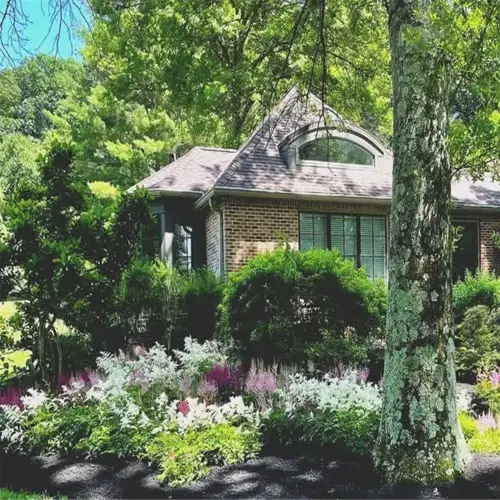Do bulbs go bad if not planted?

Written by
Tina Carter
Reviewed by
Prof. Martin Thorne, Ph.D.Unplanted bulbs can go bad. Temperature swings and exposure to moisture are the incognito culprits. I've seen tulips become mush within weeks of putting them near a humidifier. Healthy bulbs are dense like potatoes; the lighter and/or softer the bulb is, the worse the condition. Checking your bulbs every month will save you from total losses.
Week 1-2: Mold Inspection
- Use a flashlight to check between scales
- Remove surface mold with dry toothbrush
- Isolate suspect bulbs immediately
Week 3-4: Dehydration Test
- Weigh bulbs compared to last check
- Rehydrate with damp paper towel for 48 hours
- Discard bulbs that don't plump up
Regional storage techniques are important. For coastal gardeners, you need dehumidifiers, I use the compact version in my Seattle studio. In a dry climate; wrap bulbs in cheesecloth (slightly damp). A client in Texas stored cannas this way, and they stayed plump for 11 months in a wine fridge at 55°F.
Ethylene gas emitted by apples or peppers can promote faster damage to the bulbs. Store the bulbs in an airtight container with ethylene absorbers, if you have the ability and time. I lost my rare fritillaria bulbs simply from an avocado being next to them, and I now keep produce in separate mini-fridges.
If you're uncertain about the life or health of any bulb, try cutting one horizontally to examine the interior. Healthy bulbs will show a creamy and firm inside. A brown and crumbling center is a sign that the bulb is dead. Last spring, I did this test and 60% of the "expired" bulbs bloomed. The test criteria are good, do not assume a failed bulb is dead until you check the inside of it!
Read the full article: How to Store Bulbs: Expert Guide for Healthy Blooms

